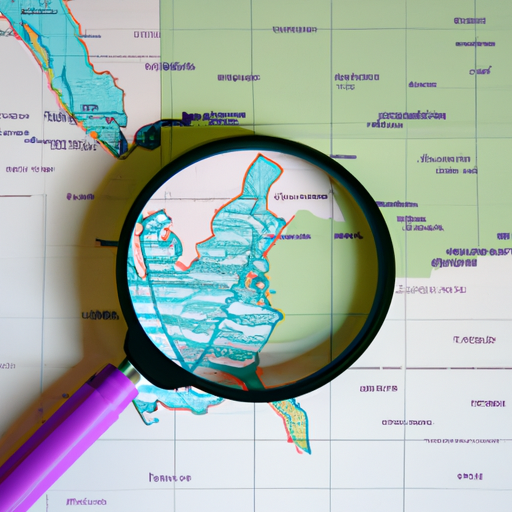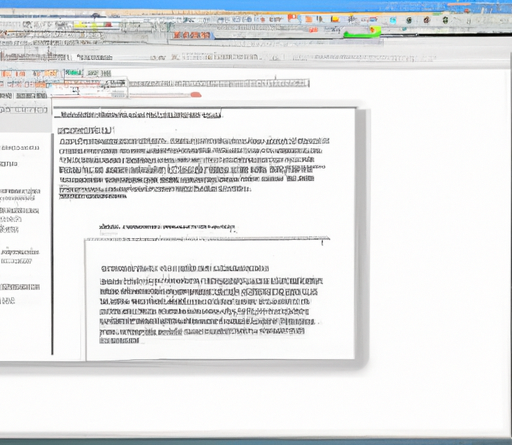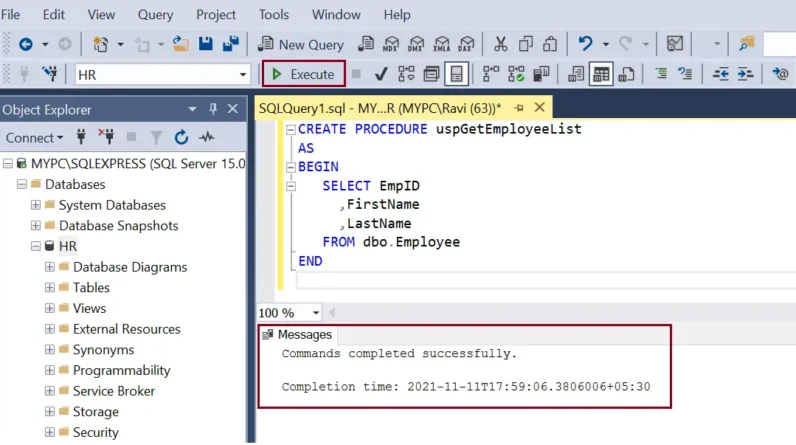
Have you ever wondered how to find someone’s location? Maybe you’re trying to meet up with a friend and they didn’t give you an exact address, or perhaps you want to keep track of your loved ones for safety reasons. Well, today we’re going to discuss just that – how to find someone’s location! Don’t worry, it’s way easier than you might think. In this article, we’ll break it down step by step and show you various methods you can use to pinpoint someone’s whereabouts. So, let’s get started!
First things first, it’s important to mention that finding someone’s location without their consent can be a breach of privacy, and it’s always best to respect the boundaries of others. With that being said, if you have a legitimate reason to need someone’s location, there are a few different ways you can go about it. From using location-tracking apps to simply asking the person directly, we’ll cover all the bases. So, whether you’re looking to meet up with a friend or keep tabs on your family’s safety, this article will provide you with the knowledge and tools you need. Stay tuned for more information on how to find someone’s location!
Table of Contents
How to Find Someone’s Location
Introduction
Finding someone’s location can be a useful skill in various situations. Whether you’re trying to reconnect with a long-lost friend, locate a missing person, or ensure the safety and well-being of a loved one, knowing how to find someone’s location can provide valuable information. However, it’s essential to consider legal and ethical considerations when using methods to locate someone. This article will guide you through the various ways to find someone’s location and provide insight into important factors to consider.
Understanding the Importance of Finding Someone’s Location
Before delving into the methods and tools, it’s important to understand why finding someone’s location can be significant. There are several potential reasons for wanting to know someone’s location:
- Reconnecting: You may have lost touch with a close friend or family member and want to find their current whereabouts.
- Safety concerns: If you’re worried about someone’s well-being or suspect they may be in danger, knowing their location can help you ensure their safety.
- Missing persons: In cases where someone has gone missing, knowing their location can assist authorities in locating them.
- Investigative purposes: Private investigators and law enforcement agencies may need to find someone’s location to gather evidence for legal proceedings.
These are just a few examples of why finding someone’s location may be necessary, but it’s important to remember the legal and ethical aspects of doing so.

Legal Considerations
When attempting to find someone’s location, it’s crucial to consider legal implications and ensure compliance with privacy laws. Here are some key considerations:
Ensuring Compliance with Privacy Laws
Privacy laws vary from country to country and even between regions. It’s essential to familiarize yourself with the legal frameworks in your jurisdiction regarding personal data protection and privacy rights. Understand the boundaries and limitations set by the law before taking any action to find someone’s location.
Obtaining Proper Consent or Warrant
In most cases, you’ll need to obtain proper consent from the individual whose location you’re trying to find. If you’re working in a professional capacity, such as a private investigator or law enforcement officer, you may need to acquire a warrant before searching for someone’s location. Failure to obtain consent or follow legal procedures can lead to significant legal consequences.
Internet Tools and Methods
The internet offers several tools and methods that can help you find someone’s location. Here are a few commonly used approaches:
Using Websites for Locating Someone’s Location
Numerous websites offer location lookup services using various data sources. These sites typically require you to input the individual’s name, phone number, or email address. While some websites provide accurate results, others may rely on outdated or inaccurate data. Use these services with caution and verify the information obtained from multiple sources.
Utilizing IP Tracking and GeoIP Tools
Internet Protocol (IP) tracking and GeoIP tools can provide information about someone’s approximate location based on their IP address. Websites and apps can capture IP addresses, and by using specialized tools, you can trace the IP address to determine the general location of the person you are searching for. However, keep in mind that IP addresses can be masked or rerouted, leading to inaccurate results.
Leveraging Social Media and Online Activity
Social media platforms and online activity can be valuable sources of information when trying to locate someone. By reviewing their social media profiles, posts, and interactions, you may uncover clues about their current location. Pay attention to location tags, check-ins, or any information they may have shared publicly. However, it is important to respect boundaries and privacy when doing so and avoid any unethical or intrusive behavior.

Mobile Phone Tracking
Mobile phones have become an integral part of our lives, and they can be extremely helpful when trying to find someone’s location. Here are a couple of methods to consider:
Exploring GPS Tracking Apps and Services
GPS tracking apps and services allow you to track the location of a person using their mobile phone. These apps typically require the person’s consent and may need to be installed on their device. With their permission, you can monitor their movements in real-time or view location history. It’s important to note that using such apps without consent or knowledge is illegal and invasive.
Using Mobile Network Provider Services
Mobile network providers can assist in finding someone’s location through their cellular network. In emergency situations, law enforcement agencies can request assistance from mobile network providers to locate a person’s device. However, this method is typically reserved for critical situations and requires proper authorization.
Private Investigators and Law Enforcement
Licensed private investigators and law enforcement agencies have access to specialized resources and methods that enable them to find someone’s location legally and professionally. If you require assistance and have legitimate reasons, it may be advisable to work with professionals who can navigate legal boundaries and ensure proper procedures are followed.
Working with Licensed Private Investigators
Private investigators have the expertise and resources to locate individuals legally and ethically. They can gather information using various methods, such as background checks, surveillance, or even online research. Hiring a licensed private investigator can save you time and effort while ensuring compliance with legal and ethical considerations.
Cooperating with Law Enforcement Agencies
In situations involving missing persons, safety concerns, or criminal investigations, it is crucial to involve law enforcement agencies. They have the authority and resources to coordinate efforts, access confidential databases, and legally request information that can help locate someone. Cooperating with law enforcement ensures that the search is conducted within the boundaries of the law.
Ethical and Responsible Use
When finding someone’s location, it’s imperative to approach the process ethically and responsibly. Here are some guidelines to follow:
Respecting Boundaries and Privacy
Respect the boundaries and privacy of the individual you are trying to locate. Obtain proper consent where necessary and ensure that the person understands why you need their location information. Avoid violating their privacy by using covert or exploitative methods.
Avoiding Stalking and Harassment
Under no circumstances should finding someone’s location be used for stalking, harassment, or any malicious intent. It is essential to understand the moral implications and potential consequences of your actions. Misusing someone’s personal information can lead to serious legal and personal ramifications.
Appropriate Use for Safety and Security
Use the knowledge of someone’s location only for genuine safety and security reasons. Ensure that your intentions are aligned with the well-being and best interests of the individual you are searching for. Responsible use of location information can make a positive impact in various situations.
Considerations for Safety
While finding someone’s location can be helpful, it’s important to consider your intent and potential consequences. Here are some things to keep in mind:
Checking Your Intent and Motivation
Before attempting to locate someone, critically assess your intentions and motivations. Ensure that your reasons are genuine and based on concern for the person’s well-being or safety. Avoid any unnecessary intrusions or personal agenda.
Being Mindful of Potential Consequences
Finding someone’s location can have unintended consequences. Be aware that discovering sensitive information may have a significant impact on the person’s life or relationships. Consider the potential consequences and react with empathy and understanding.
Alternative Methods
If digital tools and methods prove unsuccessful or are not appropriate for the situation, there are alternative approaches to consider:
Contacting Mutual Acquaintances or Friends
Reach out to mutual acquaintances or friends who may have knowledge of the person’s whereabouts. They may be able to provide useful information or help you make contact with the individual you are searching for. However, ensure that you respect their privacy and only disclose information on a need-to-know basis.
Using Reverse Phone or Email Lookup Services
Reverse phone or email lookup services can sometimes provide location information based on the phone number or email address you have. These services aggregate information from different sources and can be helpful in certain circumstances. However, be cautious as the accuracy of these services may vary, and they may require a fee for detailed information.
Conclusion
Finding someone’s location can be a valuable skill in various situations, but it’s crucial to approach it with legal compliance, respect for privacy, and ethical considerations. Whether you’re using online tools, mobile phone tracking, or seeking professional assistance, responsible use and adherence to the law should be your guiding principles. Remember to prioritize safety, respect boundaries, and ensure the well-being of the person you are trying to locate.







